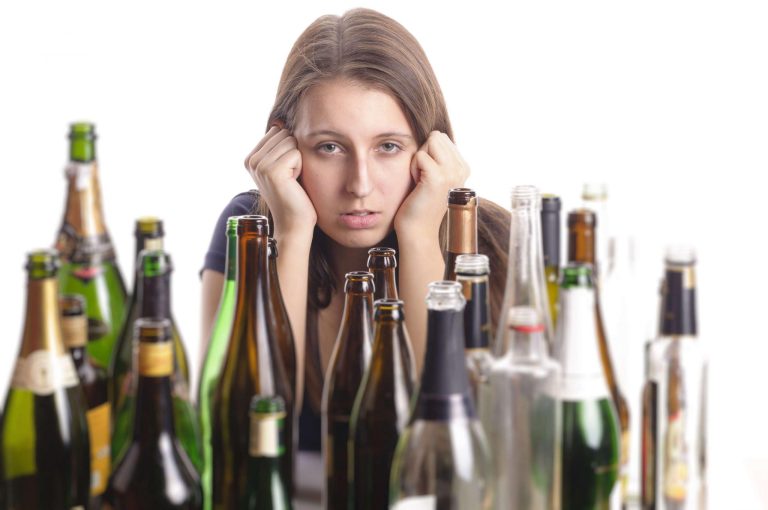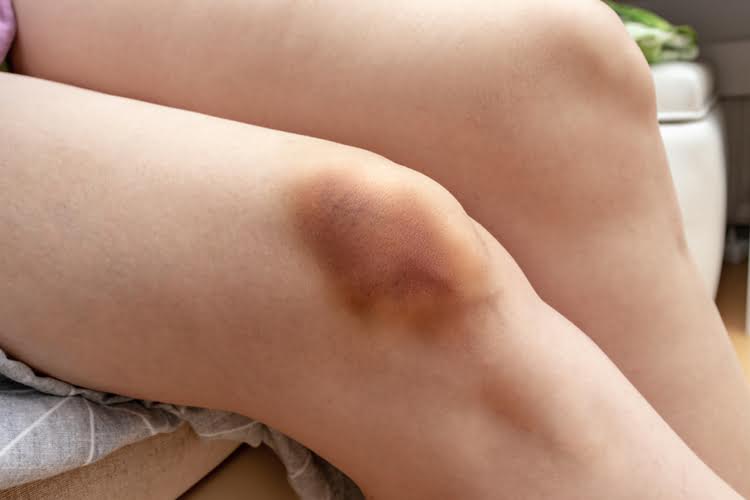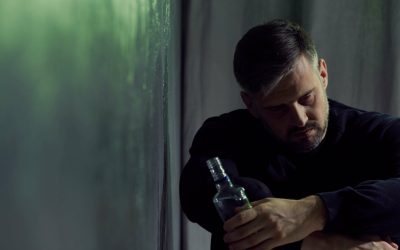These include when taking certain medications, during pregnancy, when experiencing certain health conditions, or when needing to wake up early for important does liquor help you sleep commitments. In these cases, it’s better to rely on non-alcoholic alternatives or focus on improving overall sleep hygiene. Individual tolerance and sensitivity to alcohol can vary greatly from person to person.
Alcohol Affects Sleep Cycles
Alcohol can initially increase adenosine levels, a neurotransmitter that induces sleepiness. However, as the night progresses, alcohol can interfere Alcohol Use Disorder with the natural buildup of adenosine, leading to disrupted sleep. Having the occasional nightcap to unwind is no biggie and may help you fall asleep faster. Unsurprisingly, studies of people with insomnia have also found that heavy alcohol use exacerbates insomnia.

And every time the airway collapses to a certain degree, we may consider that in the sleep laboratory an apnea episode. And so alcohol will make the airway more collapsible, make snoring louder, make apnea events potentially longer, and may even impair someone’s ability to arouse after an apnea event. Yes, and most of it that’s absolutely true, with the exception that I think most of us recognize it. Most of my patients recognize the difference in their sleep quality when https://pressclubofsikkim.com/am-i-an-alcoholic-quiz-signs-risk-factors/ they’ve had a drink or several drinks, versus when they’re not drinking.

ways alcohol affects your sleep

Hence the impact on REM sleep and a contributing factor to sleep fragmentation. So yes, a sneaky lunchtime drink is certainly better than later in the day, but remember that alcohol has a way of manifesting itself on the body’s clock, even if after its left the sleeping brain. In the short term, individuals may use alcohol to self-medicate for insomnia, perpetuating an unhealthy cycle. The body first processes the alcohol and then the metabolic byproducts, along with any other ingredients in the beverage, such as sugar.
How Long to Wait Between Drinking Alcohol and Bedtime
As blood alcohol levels decrease, you may experience increased arousal and lighter sleep. Have you ever wondered, “Why do I wake up early after a long night of drinking? ” This is because alcohol reduces sleep homeostasis, your body’s natural ability to regulate sleep. Once the sedative effect wears off, it triggers a rebound effect, waking you up earlier than usual. Research shows alcohol can increase the amount of deep sleep people with insomnia get. After about six nights, people with insomnia will start to develop a tolerance to alcohol and need to drink more to get the same effect, according to one study.
Because it begins on January 1, some people participate in Dry January to kick-start a New Year’s resolution to cut back on alcohol. Other people use it as a way to reset after lots of holiday drinking. In general, alcohol quickens how fast you’ll fall asleep—and it also makes it harder for noise and commotion to wake you up.
- As your body metabolizes the alcohol, glutamine production kicks into overdrive and wakes you up.
- Alcohol consumption typically leads to a reduction in rapid eye movement (REM) sleep, which is crucial for cognitive function, memory consolidation, and emotional regulation.
- Since alcohol affects everyone differently, it’s important to understand where your limit lies and how much alcohol you can drink before it starts to affect your sleep.
- Carbonated drinks are absorbed by your body easier, which makes you drunk faster.
- Here, learn more about how alcohol affects sleep and the many benefits you can expect from a dry month.
- Stronger sleeping medications combined with alcohol can lead to slowed breathing and heart rate, causing the person to become unresponsive and potentially resulting in a health emergency.
- Before we look at the effects of alcohol on sleep in detail, here’s the basic bottom line.
As alcohol is digested, it’s absorbed into the bloodstream and carried into every organ. The body circulates blood in just 90 seconds, so you start to feel the effects of alcohol fairly quickly (cue the drowsiness!). Regular physical activity can improve sleep quality and help counteract the negative effects of alcohol on sleep. In fact, alcohol can have significant negative effects on your sleep quality, which can affect your overall health in addition to how rested you feel. During the years 2019, 2020 and 2021, Sleep Cycle’s sleep survey users on average tagged alcohol in their sleep notes around 2.5 percent of their total number of sleeps. The sleep notes feature within the Sleep Cycle app allows users to tag a number of activities (such as alcohol consumption, exercise, etc.) that they’ve undertaken before bedtime.
The study found that even moderate drinking reduces REM sleep throughout the night — the crucial stage when dreaming occurs and memories are consolidated. Many of us like to enjoy a beer or a glass of wine after a long day, but have you ever considered the effects of that nightcap when you go to bed? Because while alcohol might make you feel drowsy and even help you not off more quickly, it can be a real drag on the actual quality of your sleep. Today we’re going to explore the relationship between alcohol and sleep with Dr. Nancy Foldvary-Schaefer, a sleep disorder specialist at Cleveland Clinic.
This is because alcohol can have the effect of dysregulating our brain’s dopamine neurotransmitters. Adrienne Santos-Longhurst is a Canada-based freelance writer and author who has written extensively on all things health and lifestyle for more than a decade. If you turn to booze to help you snooze, you could be messing with the quality of your sleep. Choose where we’ll send you resources to support your health and financial well-being. Select the option(s) below that best describes you to get communication that matches your interests.
Department of Veterans Affairs estimates that between 36% and 91% of people with alcohol dependence experience insomnia. The research also showed that sleep problems often occur before a person develops issues with alcohol, but alcohol dependence may also lead to insomnia, creating a complicated cycle. Alcohol increases the level of the stress hormone epinephrine in your body a few hours after your last drink, leading to an increase in your heart rate. The body takes about four to five hours to get rid of half the alcohol you consume.
